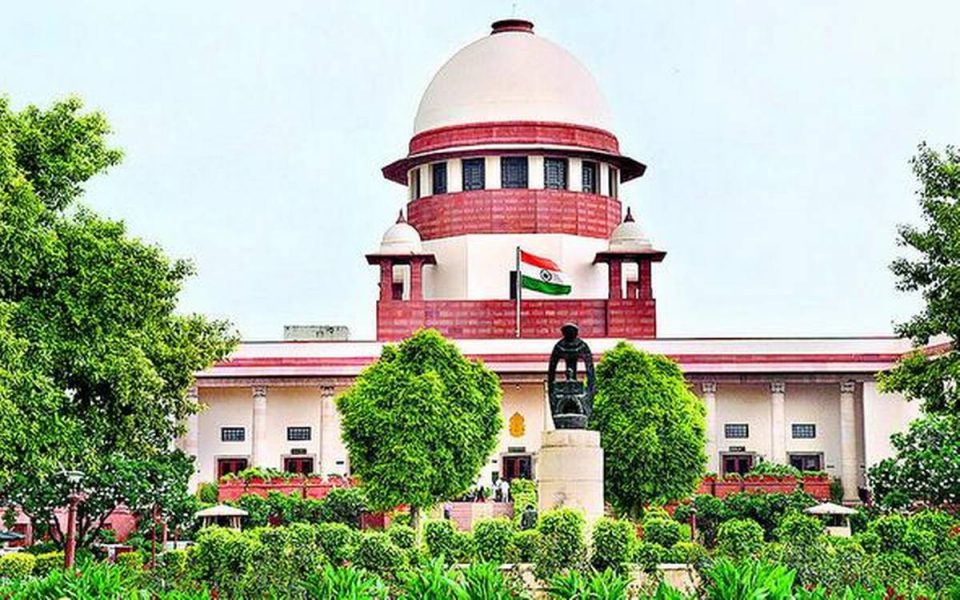
Mere breach of contract cannot lead to criminal prosecution for cheating: SC

A breach of contract cannot give rise to criminal prosecution for cheating unless dishonest intention is shown right at the beginning of the transaction, the Supreme Court has said.
The court made the observations while setting aside an order of the Punjab and Haryana High Court, which had refused to quash an FIR against a woman under sections 420 (cheating), 120 B (criminal conspiracy), and 506 (criminal intimidation) of the Indian Penal Code in a case of land sale.
While hearing a plea filed by Sarabjit Kaur, challenging the high court order, the SC Bench of Justices AS Oka and Rajesh Bindal said only the allegation of failure to keep a promise will not be sufficient for initiating criminal proceedings.
“A breach of contract does not give rise to criminal prosecution for cheating unless the fraudulent or dishonest intention is shown right at the beginning of the transaction. Merely the allegation of failure to keep a promise will not be enough to initiate criminal proceedings,” the Bench said.
Case history
Kaur had entered into an agreement to buy a plot of land on May 27, 2013, with Malkit Kaur, wife of Surender Singh. She then entered into an agreement to sell the same land to the wife of Darshan Singh, for which she received a sum of Rs 5 lakh and later another Rs 75,000.
Also read: SC: Strong evidence needed for extra-judicial confession corroboration
When the agreement was not executed, Darshan Singh filed a complaint against property dealers Manmohan Singh and Ranjit Singh. In the complaint, he referred to two other transactions he had carried out and sought to recover Rs 29,39,500 from the property dealers.
The complaint was investigated, and in 2016, it was held that since the dispute was civil in nature, no police action was required.
Darshan Singh, without disclosing the fate of his earlier complaint, filed another complaint with the same allegations, and later, an FIR was filed against appellant Sarabjit Kaur, Manmohan Singh, and Ranjit Singh.
“Bid to convert civil dispute into criminal dispute”
The top court said from the facts available on record, it was evident that Darshan Singh had improved his case ever since the first complaint was filed, in which there were no allegations against Sarabjit Kaur. The apex court said the entire idea seemed to be to convert a civil dispute into a criminal dispute and pressure the appellant to return the amount allegedly paid.
“Criminal courts are not meant to be used for settling scores or pressuring parties to settle civil disputes. Wherever ingredients of criminal offences are made out, criminal courts have to take cognizance,” it said.
Also read: Direct evidence not necessary to convict public servant for bribery: Supreme Court
The apex court said the complaint in question, based on which the FIR was registered, was filed nearly three years after the last date fixed for the registration of the sale deed.
Allowing the proceedings to continue would be an abuse of the process of the court, it said. “Hence, in our opinion, the impugned order passed by the High Court deserves to be set aside. The petition filed by the appellant for quashing of FIR is ordered to be allowed,” the Bench said.
(With agency inputs)

